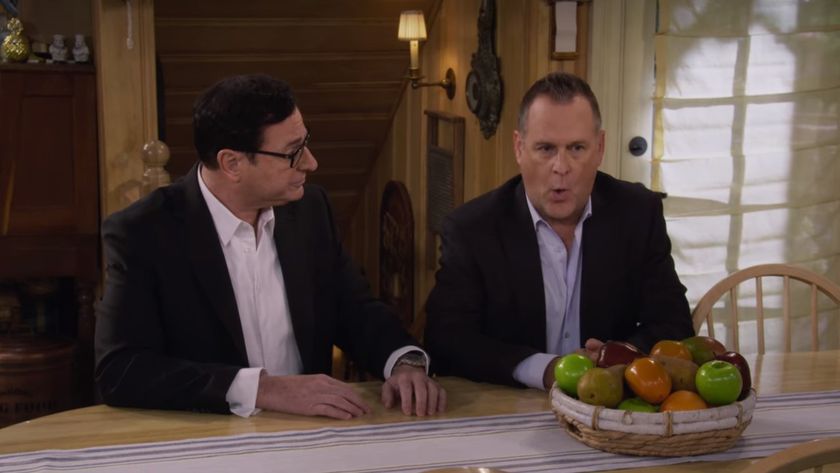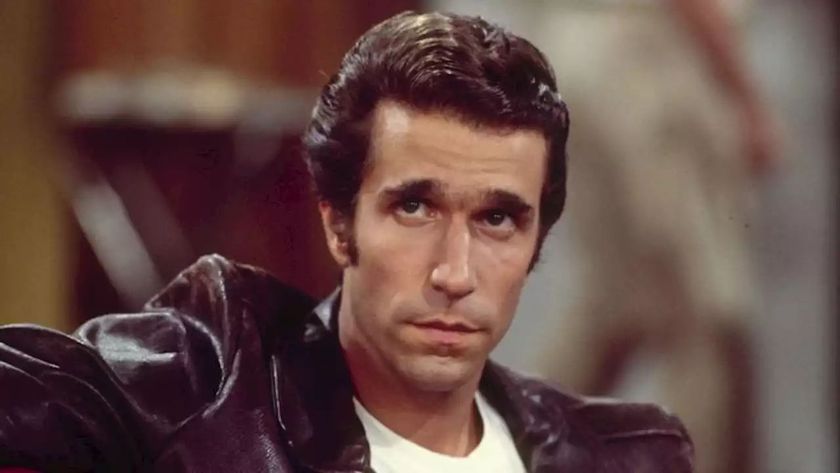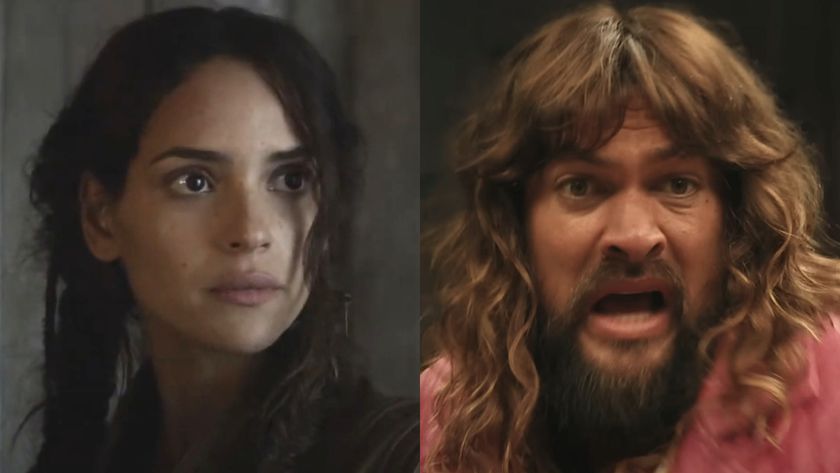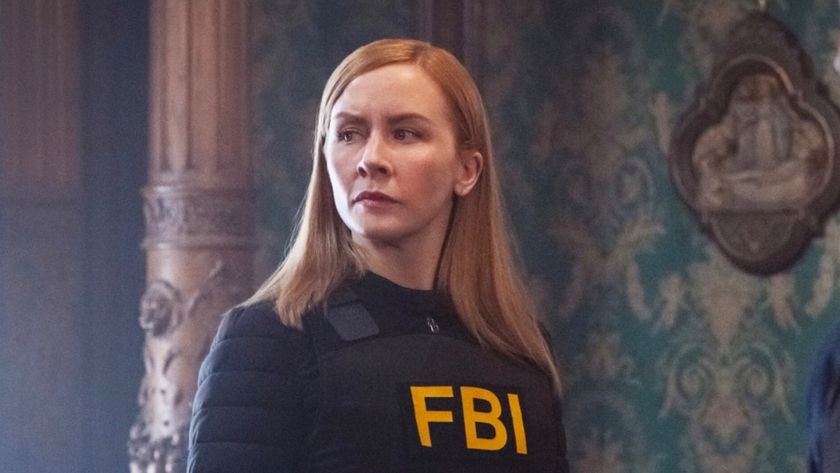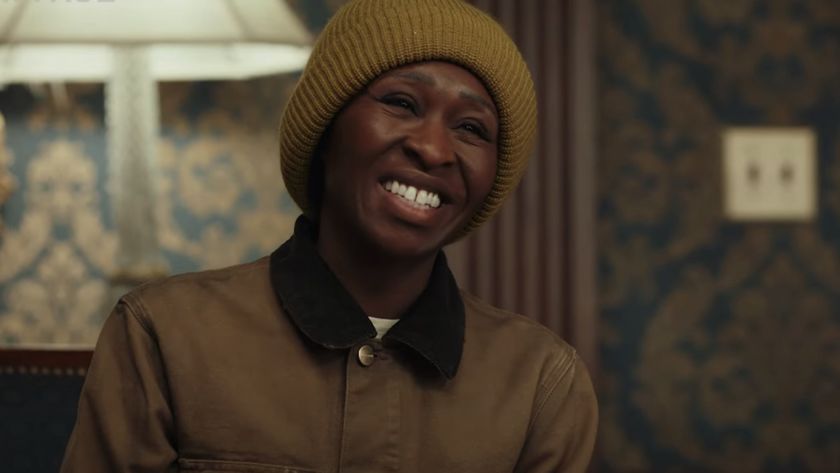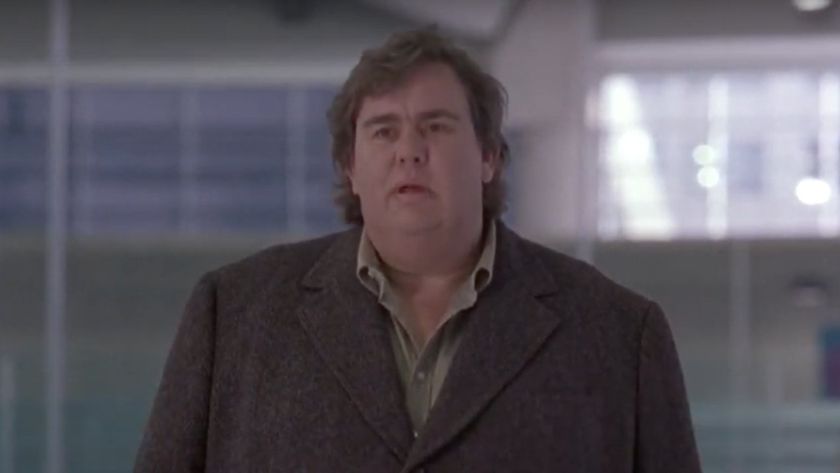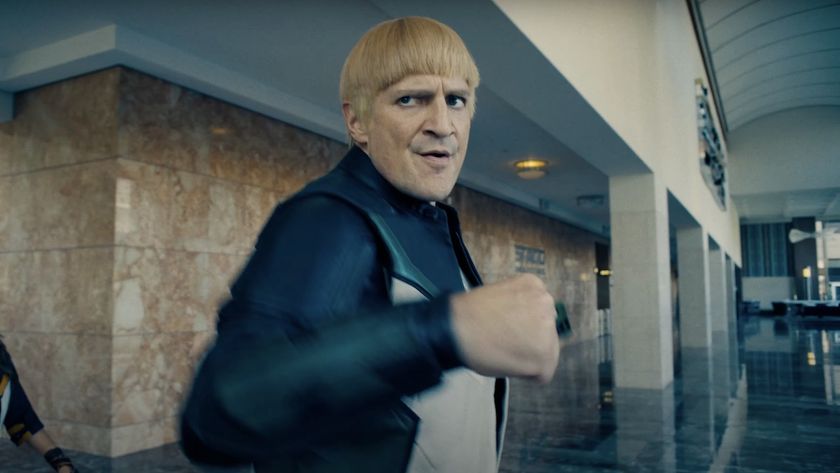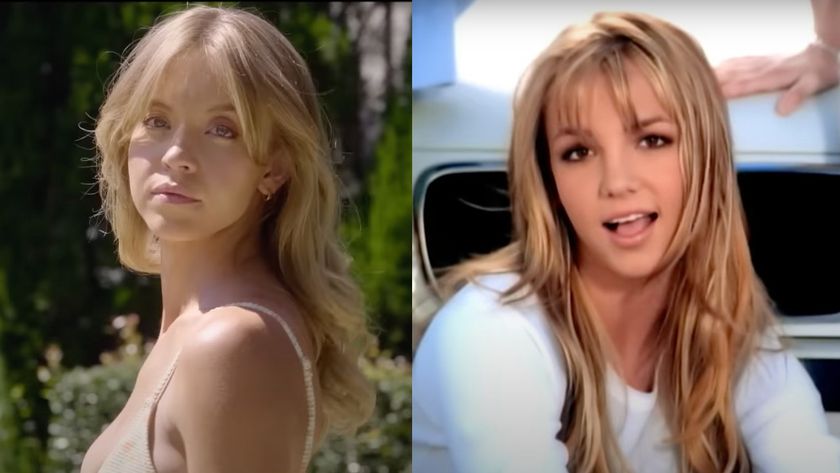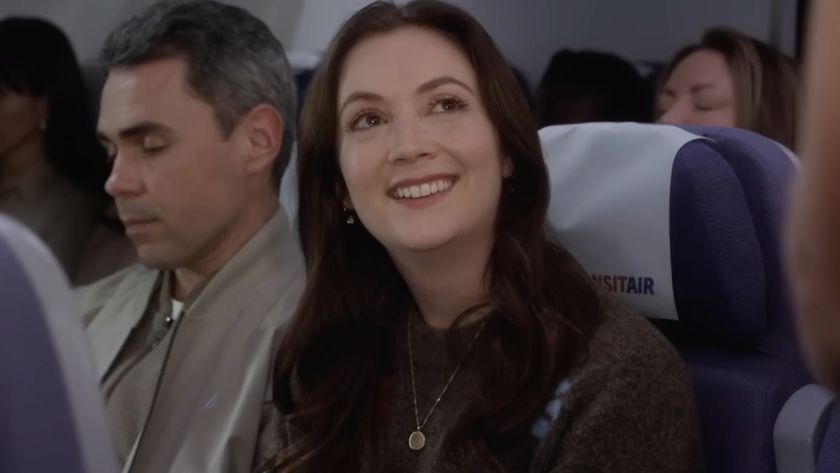Why Better Call Saul Deserved A Better Night At The Emmys
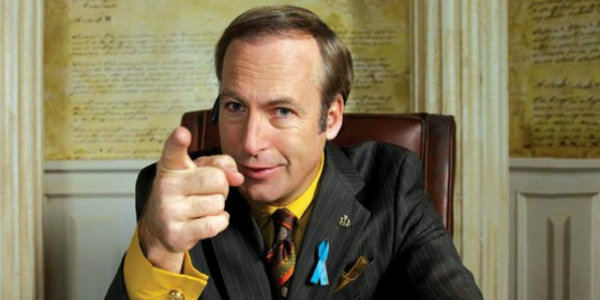
AMC's Better Call Saul has carried on the Breaking Bad torch in glorious fashion ever since it premiered in 2015. The origin story of Saul Goodman has taken the world by storm, and in many ways one could argue that it's actually a more competent and well thought out series than its predecessor. Seriously, it's that good. Despite this high quality, another Emmy ceremony has come and gone, and Better Call Saul once again walked away without a single piece of recognition. That's nothing if not absurd to me. I mean no disrespect to the winners of the 2016 Emmys, but if anything deserved to win this year, it's Better Call Saul.
Better Call Saul does so much more than bring us back to the seedy Albuquerque underworld. It's not just a rehash of an existing universe; it's a complete reinvention of it. While Breaking Bad centered on Walter White's transformation from meek family man to criminal kingpin, Better Call Saul is a far more pensive affair -- one that takes its time with its characters and the drama that envelopes them. If Breaking Bad depicted a chaotic fall from grace, then Better Call Saul could be more aptly described as a slow-burn, Shakespearean tragedy, with the relationship between Jimmy (Bob Odenkirk) and Chuck McGill (Michael McKean) in the middle of it all. Although more and more Breaking Bad elements have started to seep in, its genuine connections to its predecessor remain tenuous at best. Simply put: it stands on its own merit.
Don't let the comparisons to Shakespeare delude you into thinking that anything about Better Call Saul ever feels boring or dry. In every episode Vince Gilligan and the rest of the Saul crew show they're some of the most competent visual storytellers working in television today. They consistently fire on all cylinders, using everything from the cinematography, to the lighting, and even the set design to their advantage in order to completely convey Jimmy's inner turmoil. Methods honed on Breaking Bad have clearly been perfected with Saul, and it's some of Vince Gilligan's best work to date.
To this crew, film is a canvas to capture art, not just a means to capture the action of the actors, and the imagery depicted on the series sells that idea. There are so many examples to choose from, but we have chosen one particular frame from Better Call Saul that perfectly encapsulates how well crafted the show truly is. Check it out below:
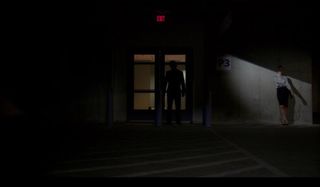
Everything a member of the audience needs to know about James McGill is conveyed in that single frame. Using his environment to illustrate his mentality, the shot frames Jimmy in such a way that we instantly understand how trapped his feels. Between his job as an upstanding lawyer, to his desire to satisfy his brother's expectations, it's all there in the shot without an actor saying a single word. That's efficient and profound filmmaking at it's finest. Compared to many of the other nominees that Better Call Saul went up against this year, the AMC drama consistently uses the camera in far more innovative ways, and the crew behind the series makes far more expert use of inventive filmmaking techniques to accomplish its visual storytelling.
Then we have the twin lead performances on the series, which have both gone criminally under rewarded. In their respective roles as Saul Goodman and Mike Ehrmantraut, Bob Odenkirk and Jonathan Banks had already established themselves as fan favorites on Breaking Bad. However, in Better Call Saul they're completely unafraid to totally deconstruct the roles that made them icons and show the audience new shades of vulnerability and pathos. While Breaking Bad excelled by glorifying Walter White's fall from grace, Better Call Saul arguably does an even better job with these characters by framing them as morally righteous men who are simply ill equipped to work within the confines of the law.
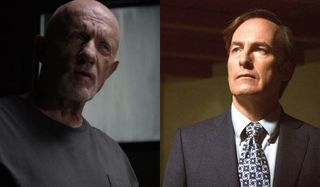
As James McGill, Odenkirk took all of Saul's one-note charisma, and imbued him with more emotion and sympathetic qualities than we ever saw on Breaking Bad. Odenkirk reframed the once smarmy lawyer, and made him a sad younger brother who is desperate for approval. His evolved role added new shades of nuance and has arguably become the most intriguing and sympathetic character in the entire Breaking Bad universe.
CINEMABLEND NEWSLETTER
Your Daily Blend of Entertainment News
And then there's Jonathan Banks, who is absolutely transcendent in his role as Mike. It would've been easy for Banks to fall back on the simple "quiet badass" routine that made him so beloved on Breaking Bad, but he didn't do that with Better Call Saul. Like Bob Odenkirk, Banks pulled away the layers of his famous stone cold killer and presented audiences with a former cop plagued by guilt, who wants nothing more than to atone for the sins of his past -- even if that means creating new sins in the process.
The fact that both of these men have received nominations for their work on Better Call Saul should come as a surprise to nobody. The fact that neither of them has won yet should be considered the biggest Emmy injustice in recent memory.
What do you think? Do you think the cast and crew of Better Call Saul deserve more recognition for the work that they have put in over the last two years, or have they been beaten fair and square at the Emmys? Let us know what you think in the comments section below.
Originally from Connecticut, Conner grew up in San Diego and graduated from Chapman University in 2014. He now lives in Los Angeles working in and around the entertainment industry and can mostly be found binging horror movies and chugging coffee.

